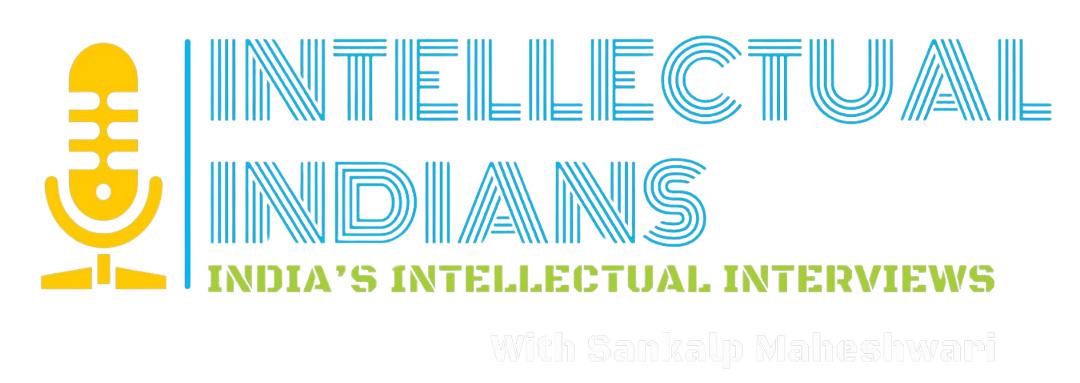In today’s competitive business environment, aligning HR strategy with organizational goals is crucial for delivering exceptional value to both the company and its employees. Effective HR planning and budgeting are the cornerstones of this alignment, ensuring that the right talent is available at the right time to meet business objectives. This process involves several critical steps, from conducting a comprehensive workforce analysis to forecasting future needs, all aimed at driving organizational success.
The Importance of Data-Driven HR Metrics
The effectiveness of HR planning and budgeting relies heavily on the use of data-informed metrics. These metrics offer valuable insights into workforce trends and help identify areas for improvement, guiding strategic decision-making. Key metrics such as employee turnover rate, time-to-fill, and cost-per-hire are essential for measuring the efficiency of HR processes and justifying budget allocations. By leveraging these metrics, HR professionals can make informed decisions that directly impact the organization’s bottom line.
The Four Pillars of Effective HR Budgeting
- Strategic Alignment: Ensuring that HR budgets are closely aligned with the organization’s overall goals is paramount. This involves collaborating with leadership to translate business priorities into HR initiatives, directing resources towards programs that drive the most value.
- Data-Informed Forecasting: Accurate forecasting is essential for creating reliable HR budgets. This pillar focuses on using historical data, current trends, and predictive analytics to estimate future HR needs and costs, allowing organizations to be better prepared for changing circumstances.
- Cost Optimization: Maximizing the value of HR investments involves critically examining all expenses to identify potential savings without compromising quality. This could include streamlining processes, leveraging technology, or negotiating better rates with vendors.
- Performance Measurement: Establishing clear metrics to measure the effectiveness and ROI of HR initiatives is crucial. Regularly tracking key performance indicators (KPIs) allows HR to demonstrate the value of their efforts and make data-driven adjustments to future budget allocations.
Essential Capabilities for HR Professionals
To excel in HR planning and budgeting, professionals must master a diverse set of skills. These include:
- Strategic Thinking: The ability to align HR initiatives with business objectives, anticipate challenges, and create flexible, adaptable plans.
- Financial Acumen: A solid understanding of financial principles, including budgeting, cost-benefit analysis, and interpreting financial statements, is crucial for effective HR management.
- Data Analysis: Proficiency in using HR analytics tools, understanding statistical concepts, and translating data into actionable insights is essential for informed decision-making.
- Project Management: Strong project management skills are needed to prioritize initiatives, allocate resources, and ensure timely completion of objectives.
- Technology Proficiency: Comfort with various HR technologies, including HRIS systems and data analytics tools, is necessary for efficient HR planning and budgeting.
- Communication and Influence: The ability to effectively communicate and influence stakeholders is key to gaining support for HR plans and budgets.
- Change Management: Implementing new initiatives often requires strong change management skills to guide the organization through transitions successfully.
- Risk Assessment and Mitigation: The ability to identify, assess, and mitigate risks associated with workforce planning and budgeting is crucial for creating resilient plans that can withstand challenges.
Key Takeaways
Strategic HR planning and budgeting are vital for aligning human resources with organizational goals. By focusing on workforce analysis, goal alignment, future forecasting, and talent strategy development, HR professionals can create robust frameworks that support both organizational success and employee growth. Data-informed decision-making and the four pillars of effective HR budgeting—strategic alignment, data-informed forecasting, cost optimization, and performance measurement—ensure that HR budgets are aligned with business objectives and optimized for efficiency.
To thrive in this complex environment, HR professionals must continuously develop their skills in strategic thinking, financial acumen, data analysis, project management, and more. By mastering these capabilities, HR professionals can position themselves as strategic partners in driving organizational success, bridging the gap between HR initiatives and overall business strategy.
ENROLL TODAY: “HR Planning and Budgeting Essentials” Crash Course
Enhance your HR strategic planning and financial management skills with our self-paced “HR Planning and Budgeting Essentials” Crash Course. Designed for HR professionals, this course covers key topics such as HR planning, workforce forecasting, SWOT analysis, and the integration of HR planning with business strategy. Learn to make data-informed decisions, optimize resource allocation, and contribute significantly to your organization’s goals. Each course offers a certificate of completion and up to four HR recertification credits.
Ready to elevate your HR skills? Enroll today!

